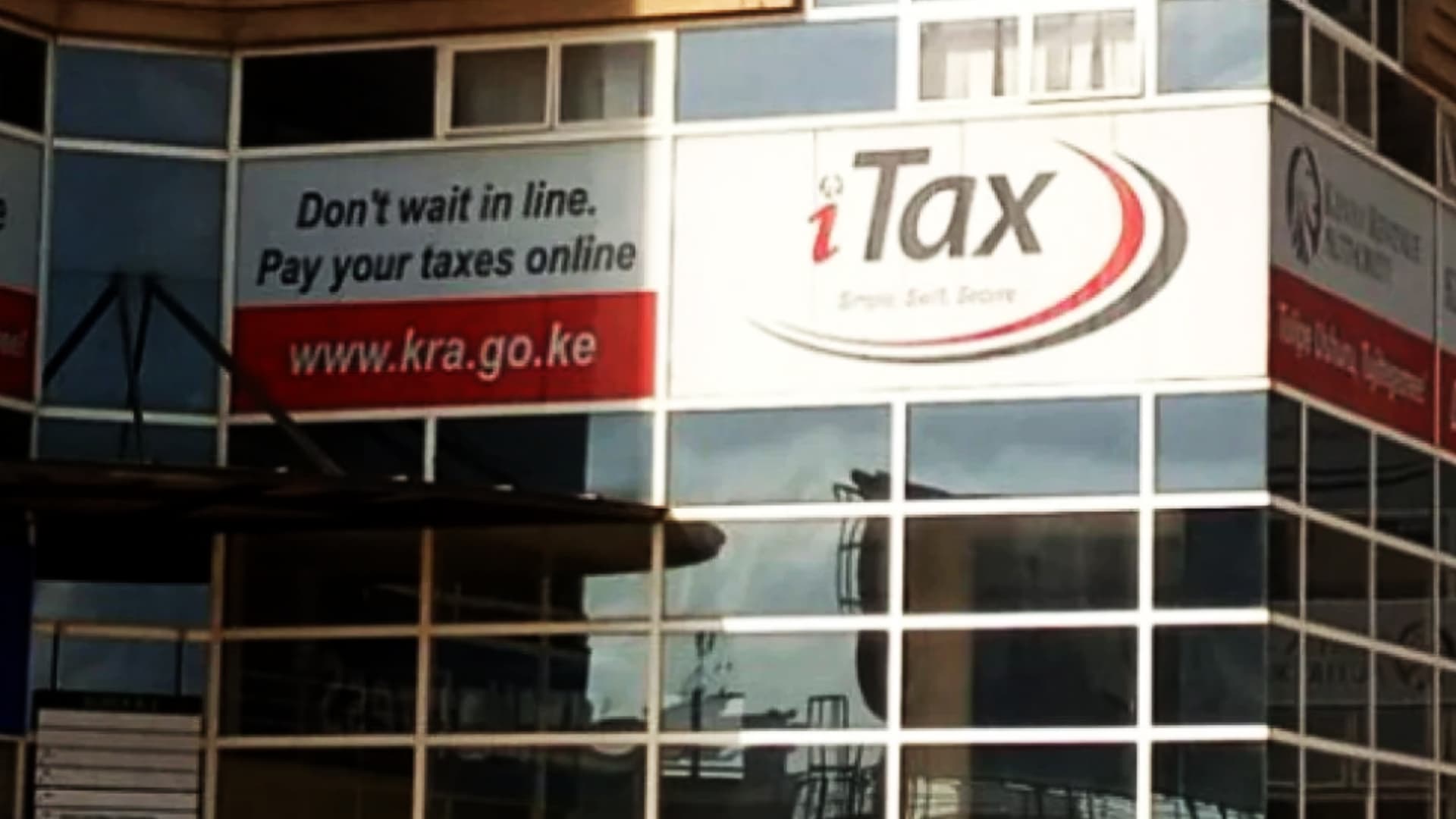We're loading the full news article for you. This includes the article content, images, author information, and related articles.
The four-hour downtime for critical tax services comes amid KRA's ambitious digital transformation and follows recent system glitches that have raised concerns about the stability of Kenya's core revenue collection platform.

The Kenya Revenue Authority (KRA) has announced a four-hour shutdown of its iTax platform, scheduled from Saturday, October 25, 2025, at 8:00 PM EAT to Sunday, October 26, 2025, at 12:00 AM EAT. In a public notice issued on Friday, October 24, the authority stated that the outage is necessary for scheduled system maintenance. During this period, all iTax services, including tax filing, payment generation, and PIN registration, will be completely unavailable to taxpayers.
The KRA has advised individuals and businesses to complete any urgent transactions before the maintenance window begins to avoid disruptions and has expressed regret for any inconvenience caused. This planned downtime is part of the taxman's ongoing efforts to maintain and upgrade its digital infrastructure, which forms the backbone of revenue collection in Kenya.
This weekend's maintenance is the latest in a series of disruptions to KRA's online systems, raising questions about the platform's reliability for taxpayers and businesses. Just two weeks prior, on Sunday, October 12, 2025, the authority conducted an eight-hour maintenance on its Integrated Customs Management System (iCMS), affecting importers, exporters, and clearing agents. Another four-hour iTax maintenance was also conducted in September 2025 to "enhance system performance and improve service delivery."
More significantly, the iTax system experienced major technical difficulties on June 30, 2025, the deadline for filing annual tax returns. The platform was overwhelmed by a high volume of last-minute filers, leading to widespread system failures that prevented many Kenyans from meeting their statutory obligation. Following the outage and an inquiry from the Commission on Administrative Justice (the Ombudsman), KRA Commissioner-General Humphrey Wattanga announced an extension of the deadline to July 5, 2025, and a waiver of all late filing penalties for the affected period.
In early February 2025, Treasury officials disclosed an investigation into a six-day failure of the iCMS in November of the previous year, which resulted in a rare Sh2.28 billion drop in monthly revenue collection. While KRA attributed the issue to an "aging infrastructure," the incident highlighted the severe economic impact of system instability.
The stability of the iTax system is critical to Kenya's fiscal health. The platform, first launched in 2014, is a cornerstone of KRA's strategy to simplify tax compliance and boost revenue. It is the primary tool for millions of Kenyans to pay taxes, including Pay As You Earn (PAYE), Value Added Tax (VAT), and Corporation Tax.
Any downtime, whether planned or unexpected, carries significant implications. For businesses, it can disrupt operations, delay payments, and complicate compliance. For the government, it risks undermining the flow of revenue needed to fund public services and development projects. The National Treasury has set an ambitious ordinary revenue target of Sh2.754 trillion for the 2025/26 fiscal year, placing immense pressure on the KRA to maximize collections through efficient, technology-driven systems. However, KRA has recently underperformed on its targets; data from the first quarter of the 2025/26 fiscal year showed revenue collection at KSh 553.7 billion, which was below projections.
These recurring system outages occur as KRA implements its 9th Corporate Plan, a five-year strategy heavily focused on digitalization and customer-centric service delivery. KRA Commissioner General Humphrey Wattanga stated in September 2025 that the plan is anchored on "technology, reforms and public trust," with the goal of making compliance "simple, fair and convenient." Recent initiatives include the planned rollout of a "stationless" PIN service model, allowing taxpayers to receive assistance from any KRA office regardless of where their PIN was registered.
However, frequent downtimes risk eroding the very public trust the authority aims to build. While scheduled maintenance is a necessary part of managing complex IT infrastructure, the repeated disruptions, particularly the critical failure during the peak filing season, underscore the challenge KRA faces in balancing system upgrades with the need for constant availability. As the authority continues to leverage technology to expand the tax base and enhance efficiency, ensuring the resilience and reliability of its core platforms like iTax will be paramount to achieving its revenue goals and maintaining taxpayer confidence.
Keep the conversation in one place—threads here stay linked to the story and in the forums.
Sign in to start a discussion
Start a conversation about this story and keep it linked here.
Other hot threads
E-sports and Gaming Community in Kenya
Active 9 months ago
The Role of Technology in Modern Agriculture (AgriTech)
Active 9 months ago
Popular Recreational Activities Across Counties
Active 9 months ago
Investing in Youth Sports Development Programs
Active 9 months ago